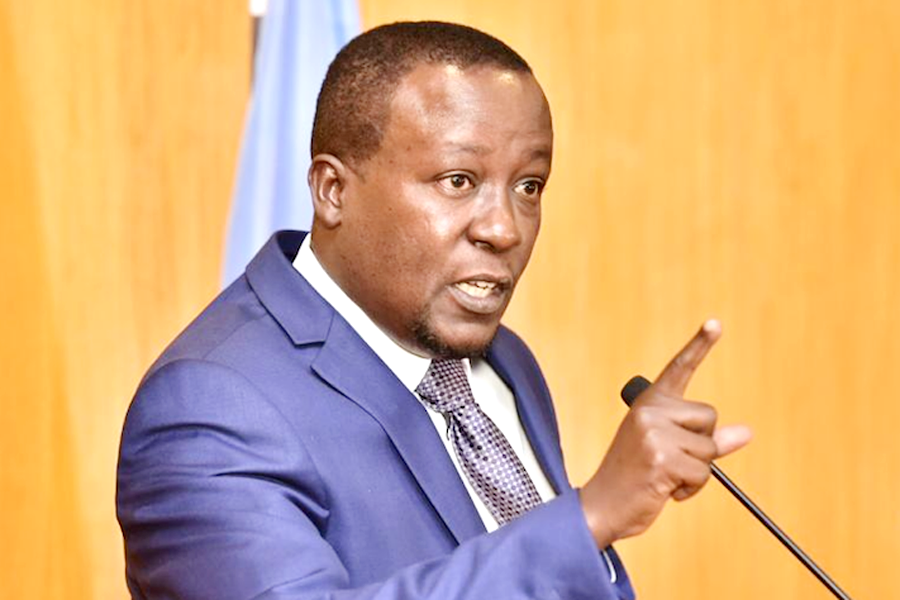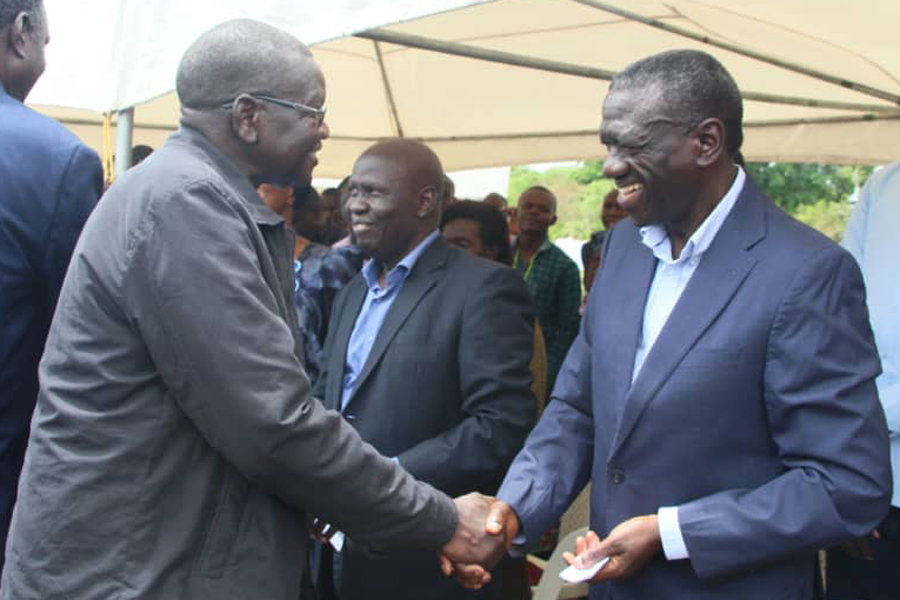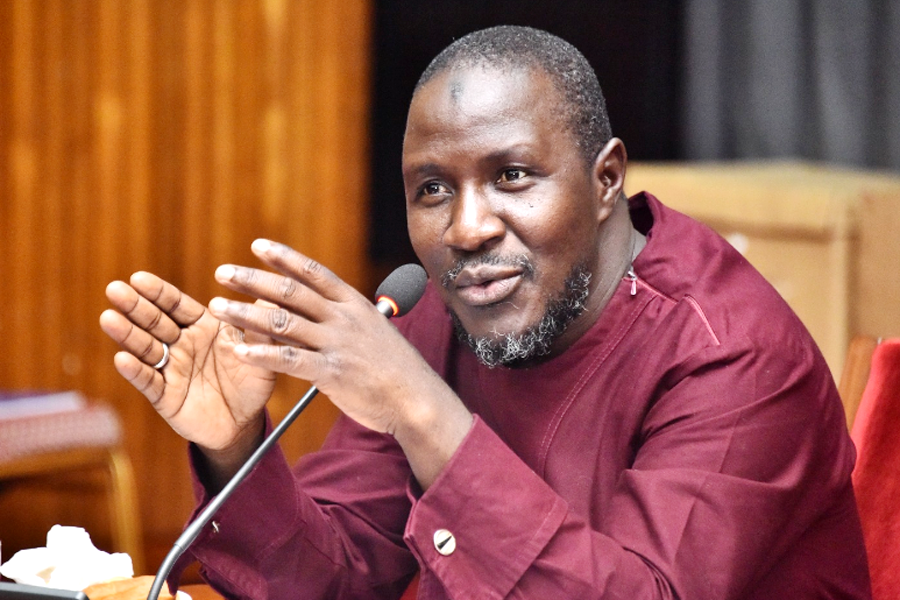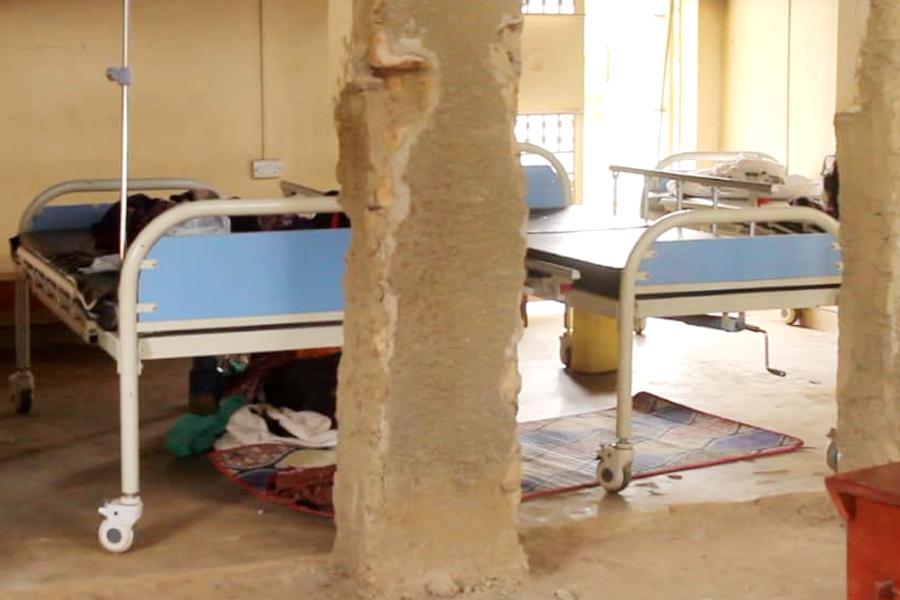In financial year 2016/17 the economy grew by 3.9 percent, far lower than anticipated.
Institutions like the World Bank and International Monetary Fund say if Uganda is to achieve lower middle income status the economy has to grow by over 10 percent annually for at least a decade.
Kaboyo said a number of economic factors inhibited economic expansion for much of the year.
In addition exogenous headwinds such as the strengthening of US dollar impacted on Uganda's economic conditions, in particular the volatility of the Uganda shilling.
Kaboyo said the major concern for most of the year was the subdued growth and this informed the loosening of monetary policy by the central bank in order to stimulate economic activity.
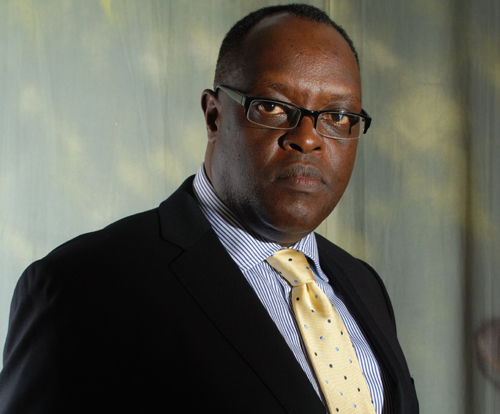 Stephen Kaboyo
Stephen Kaboyo
Despite the consistent reduction of the policy rate, to 9.5 and the lowest so far, lending rates remained high and credit was constrained and many businesses struggled.
Despite the economic sluggishness of 2017, Kaboyo said the year is ending on a more positive note as general economic sentiment has improved somewhat, characterised by low food prices as a result of good weather conditions in second half of the year and a modest recovery in private sector credit, underpinned by an accommodative monetary policy stance.







